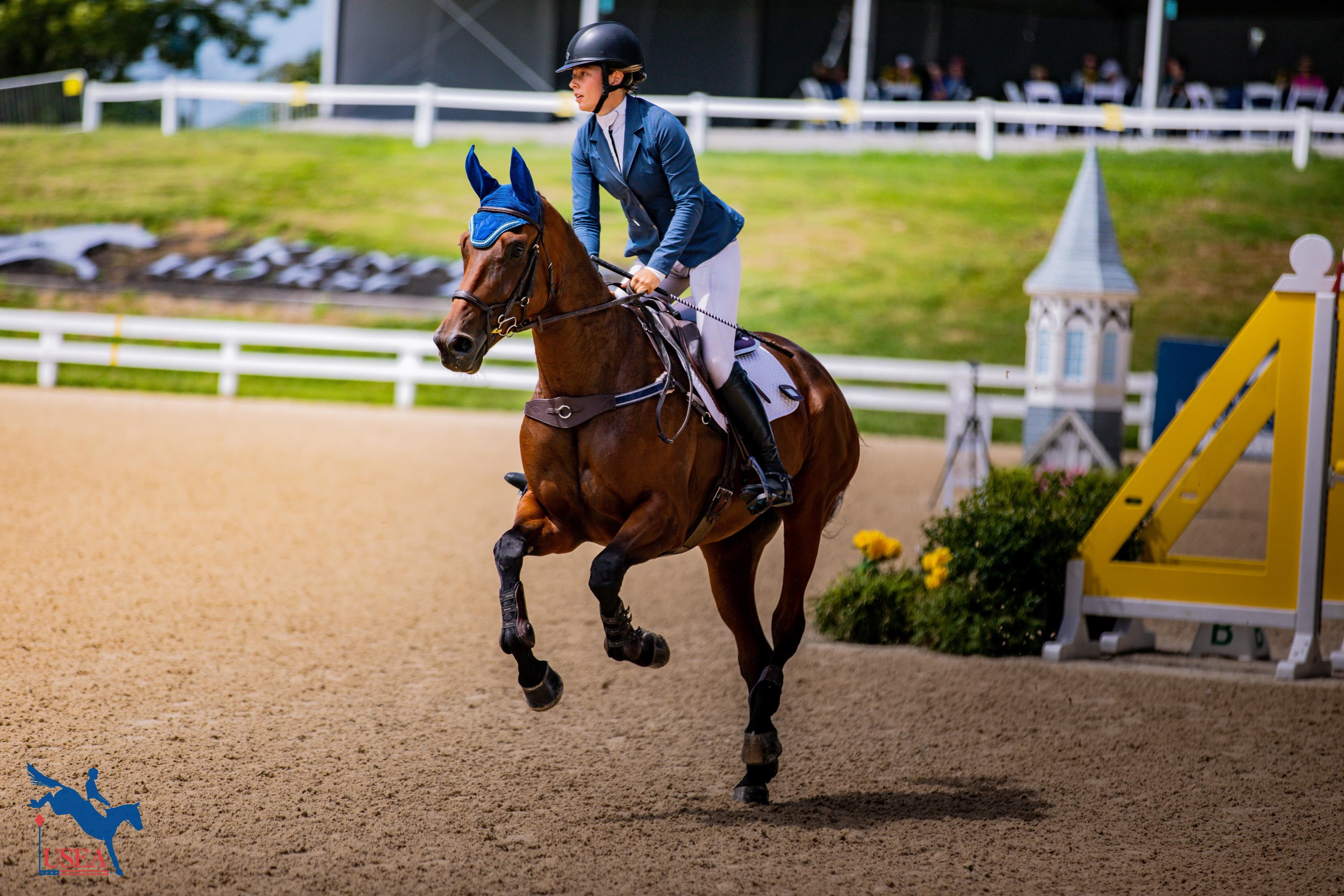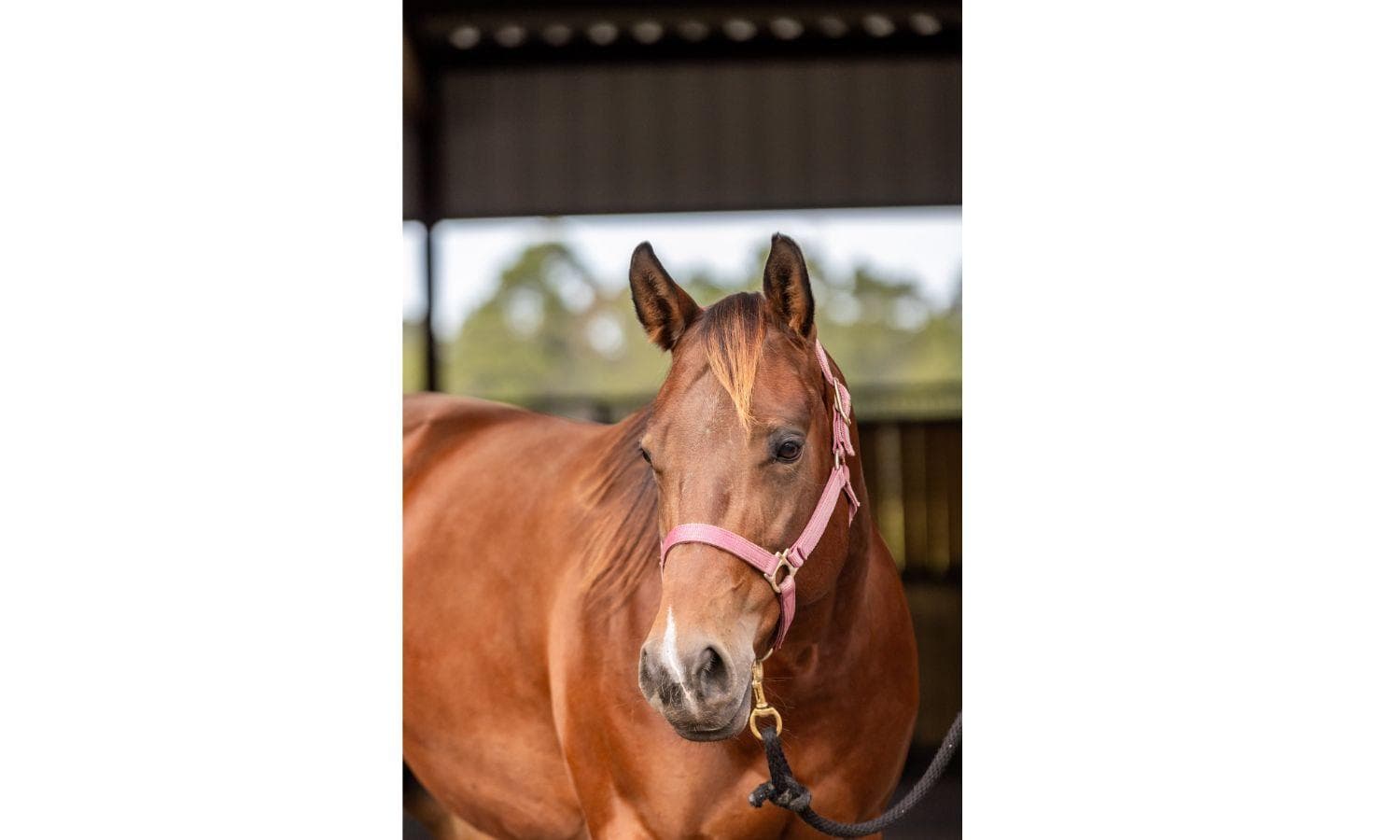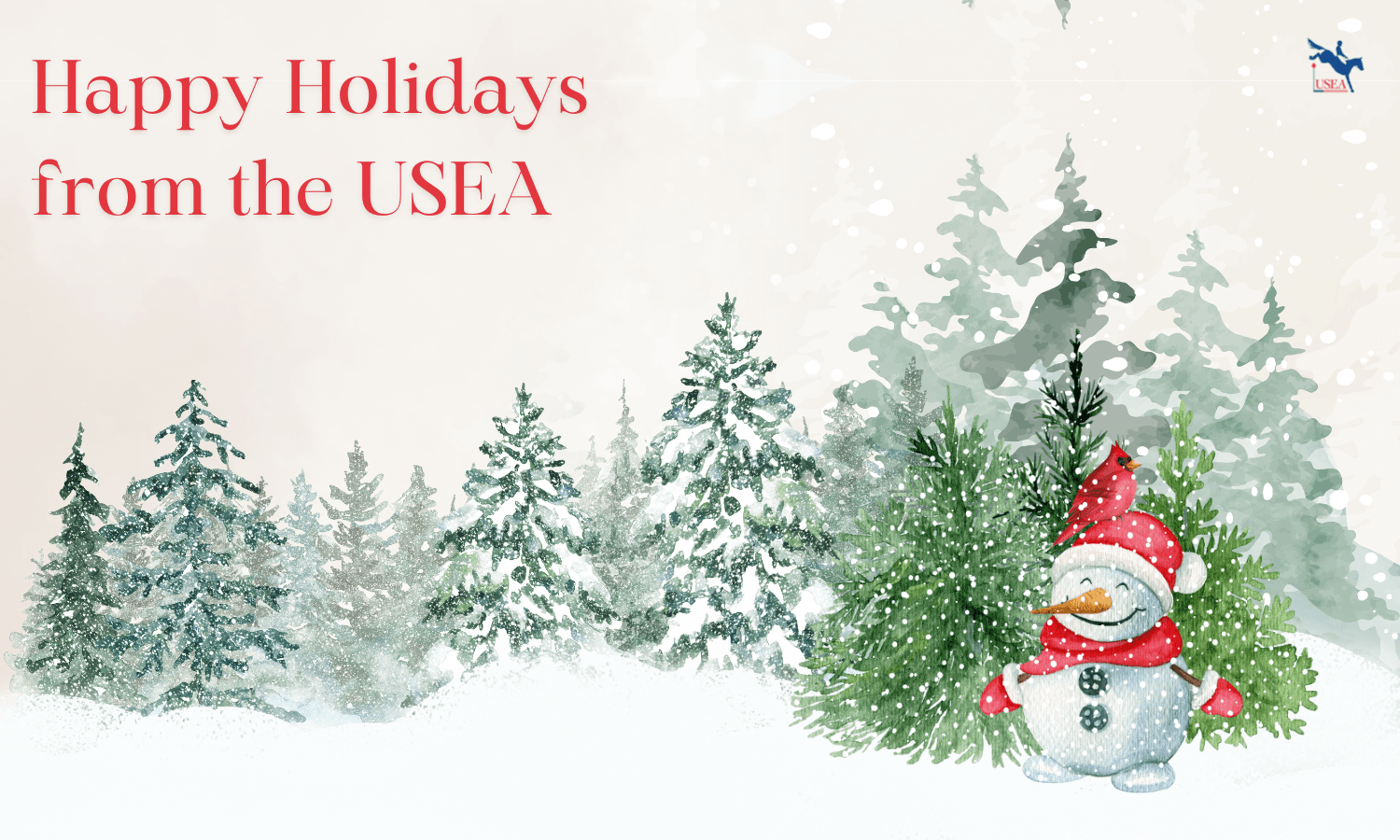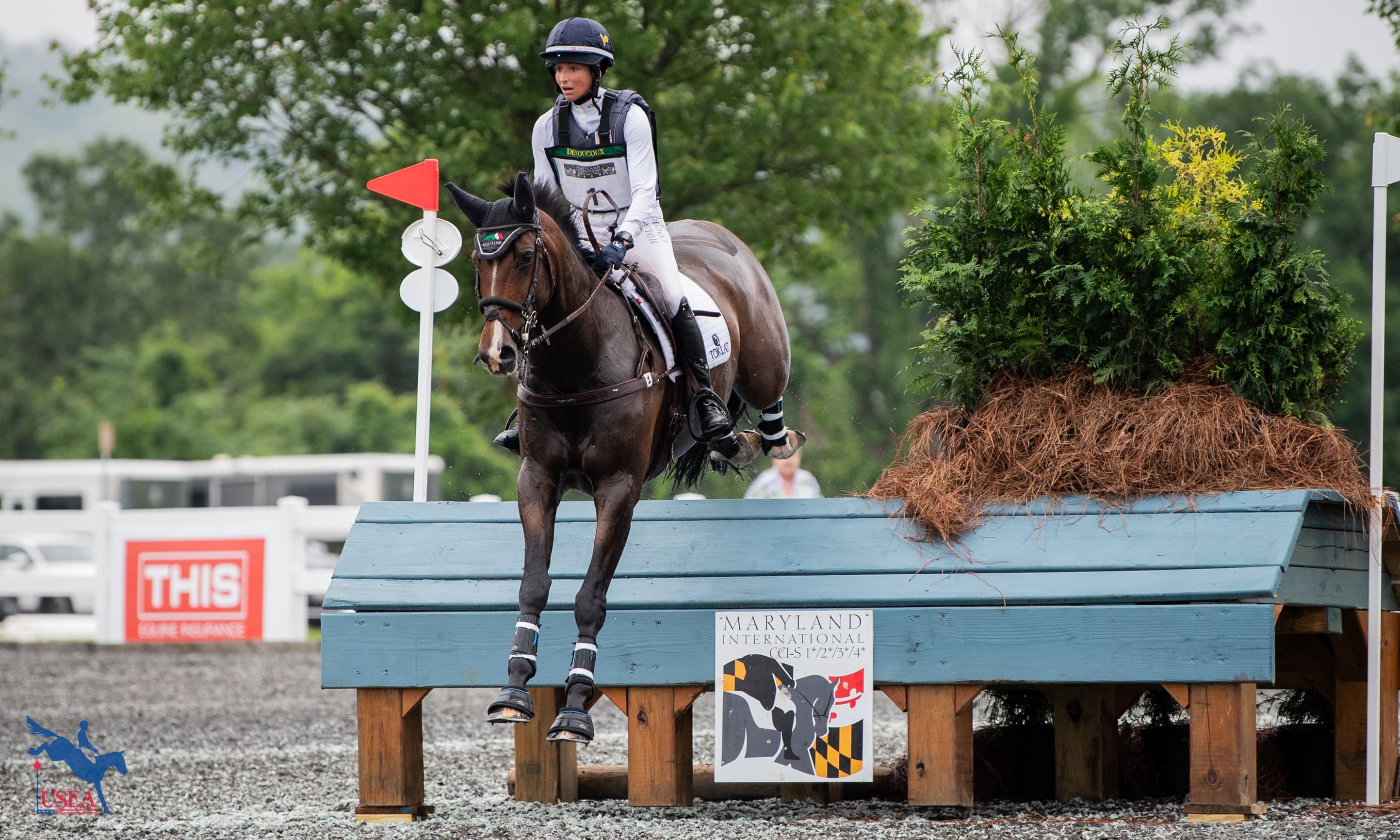Becoming Unstuck with Sport Psychologist Dr. Paul Haefner

On every journey, there are inevitable bumps in the road and detours along the way. Riding is no different. As you learn and grow as a rider, there will be times (and if you are like me, many of them) where you will feel stuck. Some of these stuck points come in the form of wilting motivation. Others may be difficulty learning, executing, and mastering a new skill. Still, others might arrive in the form of fear, anxiety, and self-doubt.
When we find ourselves caught in one of these sticky places, it is human nature to seek explanations for the experience. Unfortunately, it is also in our nature to assign fault and blame in an attempt to convince ourselves that we “know what’s what” and that we are “right.” While pointing fingers and assigning blame may temporarily comfort us with a sense of “being right,” it is irrelevant to the core issues and is always toxic to relationships. This is true whether we are talking about our relationship to our horse, our instructor, our students, or ourselves. Blame channels criticism and anger and mires us in the muck of negativity.
The single most important step in getting unstuck is to challenge ourselves to step out of the blame game. This requires a few crucial skills. The first is awareness, we simply won’t stop blaming ourselves and others if we are not aware of what we are doing. This may sound obvious or even silly to point out, but it is amazing how “unconscious” we can be about what we are doing.
Here are a few simple questions to help us raise our awareness about the nature of our reactions when we are stuck. Do our reactions identify fault or increase understanding? Are our reactions grounded in defensiveness and excuses or in hopefulness and curiosity?
Do our reactions support a sense of our being “right” or identify things we can do to change the situation?
If we are successful in moving ourselves from a blame-oriented frame of reference, the next essential step is to shift into a solution-oriented frame of mind. One of the most helpful and, in fact, essential conditions for making any change is that we have to know what we want to change to and how we want things to be different. I would challenge you to do your research. Start listening to yourself and others describe the changes they want to make. This could be in their horsemanship journey or in any other aspect of their lives such as work or relationships. Keep track of how often changes are described as what they don’t want.
The desire to get rid of what we don’t want is especially strong when we are struggling with our own emotions. Riders who seek out my help for anxiety, fear, lack of confidence, or self-doubt consistently start their request for change with a statement such as, “I don’t want to feel…” or “I don’t want to be….” I consistently respond, “That’s what you don’t want… what do you want?” Whether we are talking about changing a feeling state or we are changing our behavior in learning and applying a new skill, in order to be successful we need to have a positive target to guide our efforts. Without that, we are simply running away blindly from a negative experience.
Armed with a vision of where we want to go, there are a few more steps to consider. I was chuckling to myself when writing this article because I was about halfway through and got stuck. I had been in that stuck place so many times before that I didn’t feel the need to beat myself up. I clearly knew what I wanted to accomplish. Yet, I was still stuck. After struggling for another hour or so to no avail, I decided to set it aside and come back to it on another day.
We all need time for recovery and consolidation. There will be times that we can push through a change in one sitting, but more often our growth and change will be incremental. It is important to develop a sense of when to stop, rest, recover, and begin again another day.
We all know the value of persistence and grit. It is hard-baked into the ethos of equestrian life. We get nowhere without taking steps, large or small, towards our goals each day. If we want to get unstuck, we need to take action.
What seems more of a mystery, and is often overlooked, is the value and importance of recovery. Knowing when to quit for the day and take the time to get recharged is just as important as being persistent. Without recovery time, we become depleted and run the very real risk of becoming even more stuck. Recovery comes in many forms and benefits us in many ways. It is revitalizing our bodies, minds, and spirit through rest, exercise, good nutrition, and connection. It serves us by helping us bring our best to the moment of challenge and allows us time to integrate our thoughts and experiences in ways that foster curiosity and creativity. It helps to bolster hope and positive expectation.
The next time you’re stuck, keep these few things in mind: foster awareness, step out of blame and into a solution frame, be persistent yet know when to call it a day, and commit to recovery between attempts. Above all, be patient and kind to yourself. Getting unstuck is getting unstuck, whether it happens quickly or slowly over time. Here is hoping that each and every one of you finds the traction you need on the journey toward your goals.
Paul T. Haefner, PhD
Licensed Clinical and Sport Psychologist
703.727.3205
ridingfar.com














